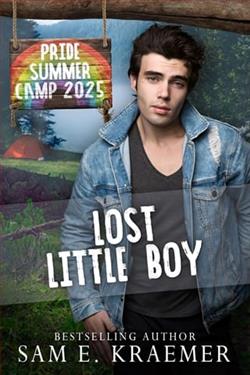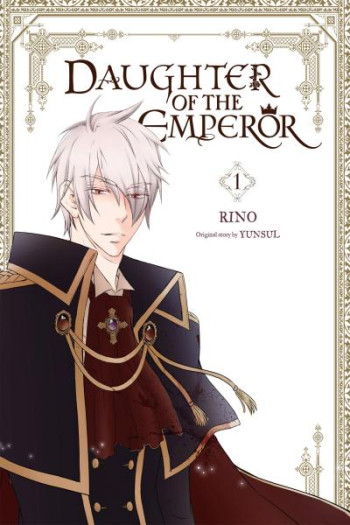Martial Peak Reviews
Sam E. Kraemer’s Lost Little Boy is a compelling narrative that deftly explores themes of identity, self-discovery, and the unexpected connections that can change the course of our lives. At its core, the novel is a heartwarming tale about two individuals from vastly different worlds who find solace and understanding in each other’s company. The story is both a romance and a journey of personal growth, set against the backdrop of societal expectations and personal aspirations.
The novel opens with a dramatic encounter that sets the stage for the unfolding relationship between Perry Castle, a janitor with a heart of gold, and Wexler Grassley III, a man burdened by the weight of his family’s expectations. The initial meeting, where Perry finds Wex behind a dumpster, is a powerful metaphor for the unexpected ways in which people can enter our lives. This moment of crisis becomes a catalyst for both characters, pushing them out of their comfort zones and into a shared adventure.
Perry Castle is an endearing protagonist whose simplicity and sincerity make him instantly relatable. His refusal to accept monetary compensation from Wex speaks volumes about his character. Instead, he asks for something far more valuable—a chance to be understood and accepted for who he is. This request sets the stage for the novel’s exploration of identity, as Perry invites Wex to accompany him to Pride Camp. Here, Kraemer skillfully delves into the complexities of gender identity and the journey towards self-acceptance.
Wexler Grassley III, on the other hand, is a character who initially appears to be the quintessential privileged heir, yet Kraemer peels back the layers to reveal a man struggling with his own sense of self. His journey is one of breaking free from the constraints of familial duty and societal expectations. The dynamic between Perry and Wex is beautifully crafted, with each character serving as a mirror for the other’s insecurities and desires. Their interactions are filled with moments of tenderness and humor, making their relationship both believable and engaging.
The setting of Pride Camp serves as a microcosm for the broader themes of the novel. It is a place where individuals can explore their identities without fear of judgment, and Kraemer uses this environment to highlight the importance of community and acceptance. The camp becomes a transformative space for both Perry and Wex, allowing them to confront their fears and embrace their true selves. The author’s portrayal of this environment is both respectful and insightful, offering readers a glimpse into the supportive networks that exist within the LGBTQ+ community.
One of the most striking aspects of Lost Little Boy is its exploration of the concept of a “lost little boy.” This metaphor is used to describe Perry’s struggle with his gender identity and the societal pressures that come with it. Kraemer handles this theme with sensitivity and nuance, providing a narrative that is both educational and empathetic. The novel does not shy away from the challenges faced by those who do not conform to traditional gender norms, yet it also celebrates the strength and resilience of those who forge their own paths.
In terms of character development, Kraemer excels at creating multidimensional characters who evolve throughout the story. Both Perry and Wex undergo significant transformations, and their growth is depicted with authenticity and depth. The supporting characters, though not as prominently featured, add richness to the narrative and provide additional perspectives on the central themes.
Comparatively, Lost Little Boy shares thematic similarities with works like Becky Albertalli’s Simon vs. the Homo Sapiens Agenda and David Levithan’s Boy Meets Boy. Like these novels, Kraemer’s work emphasizes the importance of self-discovery and the power of love and friendship in overcoming adversity. However, Kraemer’s focus on the intersection of gender identity and societal expectations sets Lost Little Boy apart, offering a fresh and poignant perspective on familiar themes.
Overall, Lost Little Boy is a beautifully written novel that resonates with readers on multiple levels. Sam E. Kraemer has crafted a story that is both entertaining and thought-provoking, with characters who linger in the mind long after the final page is turned. The novel’s exploration of identity, love, and acceptance is both timely and timeless, making it a valuable addition to the canon of LGBTQ+ literature. For readers seeking a story that is both heartwarming and insightful, Lost Little Boy is a must-read.
























Reviews 0
Post a Reviews: